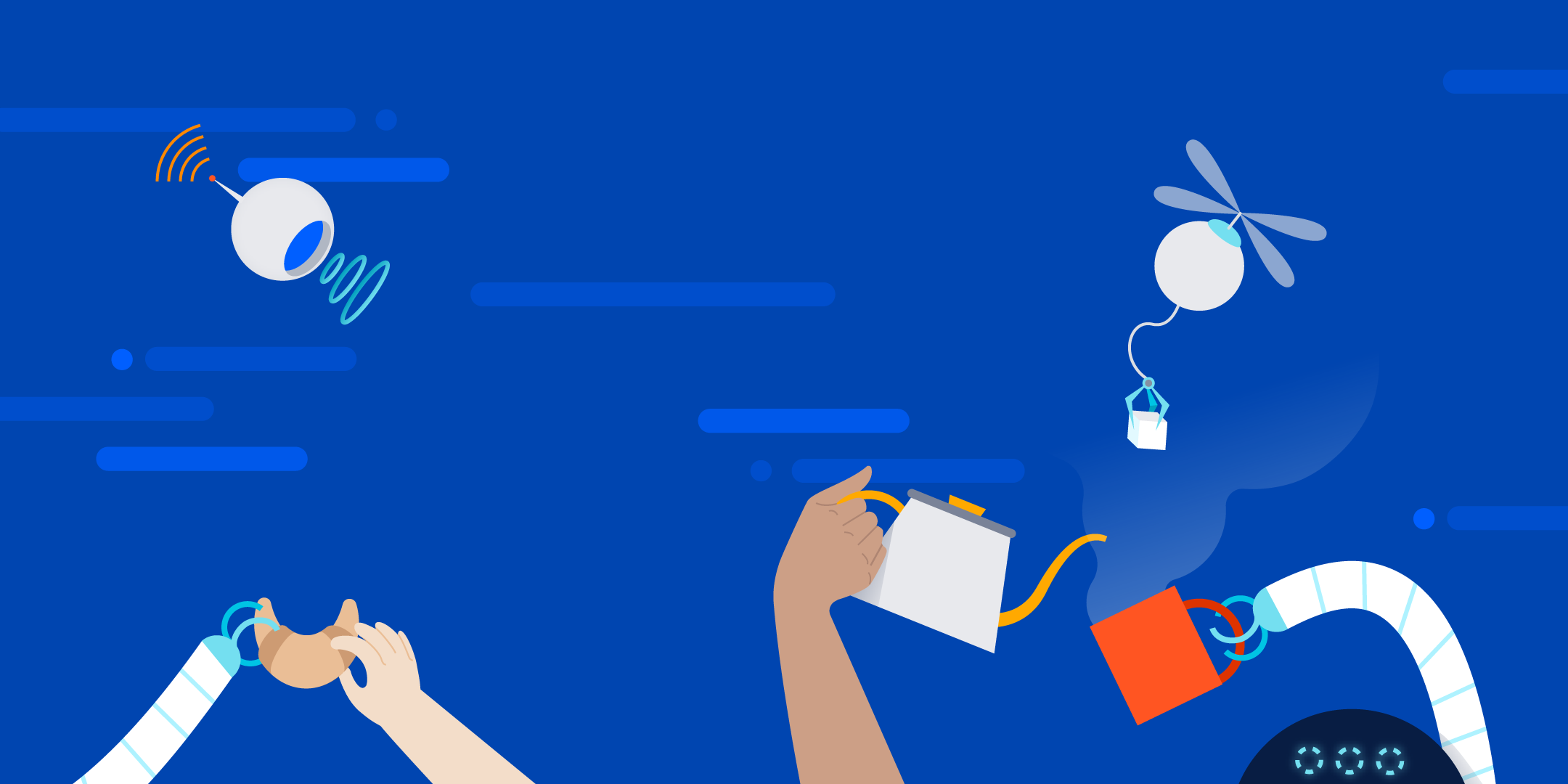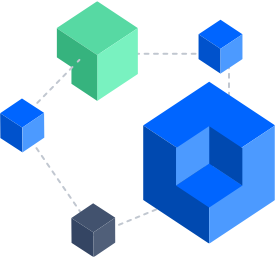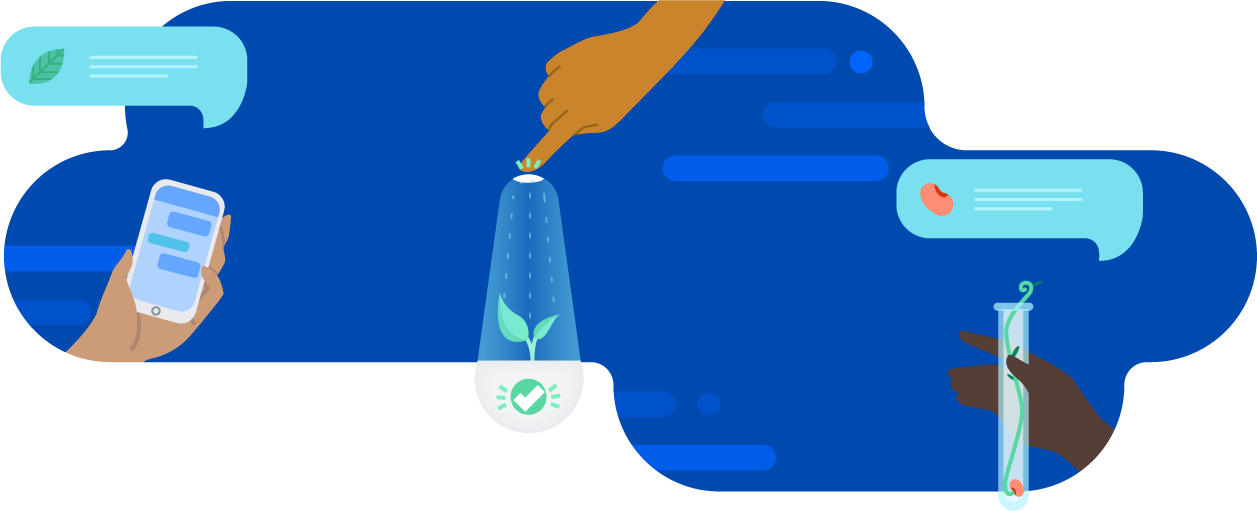On the go? You can listen to this blog, read by the author, using the player below.
[soundcloud url=”https://api.soundcloud.com/tracks/311721882″ params=”color=0066cc&auto_play=false&hide_related=false&show_comments=true&show_user=true&show_reposts=false” width=”100%” height=”166″ iframe=”true” /]
Artificial intelligence (AI) might turn out to be the single biggest change the business world will see in our lifetime. Even bigger than the internet.
Bots, like those little customer service chat windows that pop up on websites, as well as more futuristic-sounding things, like driverless cars, are already here. And they’re already resetting the dynamic between people, technology, and practices. By 2020, I’ll probably have a content-generating algorithm that writes all my op-eds for me while I take long walks on the beach, and they’ll be as easy to read as Hemingway and emotionally evocative as Tolstoy. (A guy can dream…)
The thing is, we’re just getting started with AI. Though it may seem like big changes are already happening – and they are – we’ve barely scratched the surface. The fourth industrial revolution is here, and it’s about to change our world (especially our workplace) upside down.
But are we actually prepared for the bot economy? Not even close. And we know it.

Excited, uneasy, and skeptical in equal measure
A recent survey on the future of teamwork, commissioned by Atlassian, revealed that most workers – regardless of industry or profession – believe AI, robotics, and other forms of automation will usher in major changes to the way they work. In fact, a full 87% of workers think their job will change by 2020 due to AI, with one in four saying it will mostly or completely change their job.
Yet while we’re abundantly aware this change is coming, we’re unsure about what it will really look like. Moreover, we’re not sure if we’re ready for it. Will AI change parts of our jobs, or consume them completely? Will we literally have robot teammates sitting in the next cubicle over? Can we trust bots to do the job as well as humans? This uncertainty helps explain why 87% of people view the AI revolution with at least a little skepticism, while 86% are also excited about its potential.
The thing is, we’re justified in feeling conflicted. Most companies and teams today aren’t ready for AI. They’re stuck in the past, following the model set forth in the industrial revolution and operating like factories: process-driven, hierarchical, optimized for efficiency and predictability. Reliant on command-and-control structures to regulate human interactions.
We’re still figuring out how to work together as humans
This model doesn’t work in today’s paradigm where 90% of companies say they’re working on problems so complex they simply can’t be solved by individuals – they require teams. Work is shifting from a focus on how well you can execute a command to how well you can drive change, and work effectively with those around you to make it happen.
 Teams are growing in importance from an individual perspective as well: our survey shows 50% of workers are most motivated by team success, compared to company success (27%) or individual success (23%). And 56% of workers are more confident working as a team than as individuals.
Teams are growing in importance from an individual perspective as well: our survey shows 50% of workers are most motivated by team success, compared to company success (27%) or individual success (23%). And 56% of workers are more confident working as a team than as individuals.
Seeing as many companies have yet to even embrace this new model, it’s not surprising we haven’t figured out how to actually pull it off. Seventy-five percent of cross-functional teams report being dysfunctional, and increases in productivity are the lowest they’ve been in 30 years. According to our survey respondents, some of the biggest issues teams face revolve around poor communication and lack of trust.
From what we’ve seen so far, the meta lesson is that diverse, distributed, dynamic teams are harder to lead. They have the potential to be more effective because challenge and debate lead to more robust, innovative solutions. But it takes extra care to navigate the differences and realize that potential. We perceive that extra care as a tax, but we should look at it as an investment – a way to improve our effectiveness and ultimately build adaptability for the changes ahead.
If we can learn to collaborate with others who come from diverse disciplines and backgrounds (with diverse personalities and problem-solving styles, to boot), we can learn to collaborate effectively with robots and algorithms.
In a nutshell, we’re not ready for AI because we still haven’t figured out how to work together as humans. The pervasive dysfunction amongst teams should make any executive think twice about their company’s preparedness for the bot economy. If we don’t fix our human teamwork issues now, imagine what will happen when we throw robots into the equation.
Making AI work for (not against) us
Whilst we’re facing some large hurdles, it’s not all doom and gloom. Quite the opposite, in fact, and for three reasons. First, with change comes new opportunities. Sure, AI is changing the way we do things and thereby affecting the way we work and the jobs we perform. But this revolution is no different than any of the others that have come before – it’s just happening more quickly. As much as AI will change the workforce, it’s also going to create new jobs and open new doors we may not even know exist yet.

Secondly, we are ultimately in control of whether AI works for us or against us. By tackling our collaboration issues now, we’ll be prepared to put AI to use for our own advantage when the time is right. Think of it like training for a marathon – it takes practice to get yourself in good shape for the big day. Preparing for your team’s integration of AI will be no different.
Last, if we can get teamwork right, our excitement around AI will be warranted: survey respondents said they look forward to AI challenging humans to improve and do more (23%), providing complementary skills (19%), and inspiring humans to generate new ideas (17%). And this shouldn’t come as a surprise – we’re obviously creating AI for a reason, and the potential is huge. We just need to catch our people practices up with our technology advancements.
Evolution before the revolution
Teamwork isn’t going away any time soon – it’s only getting more important – and AI has the potential to massively boost our efforts if we’re starting from a healthy place. It’s up to us whether we want to be in the driver’s seat when AI starts to rapidly change our workplace, or passively ride along wherever it takes us. Evolving our human interactions and finding better ways to work together will pave the way for working with (not for, or against) the robots.
Check out more data from our survey – we wrapped it up in a snazzy infographic. Or, visit the Atlassian Team Playbook if you’re looking for tips on how to improve your team’s practices now in preparation for tomorrow.
See the survey results infographic
Also published on Medium.